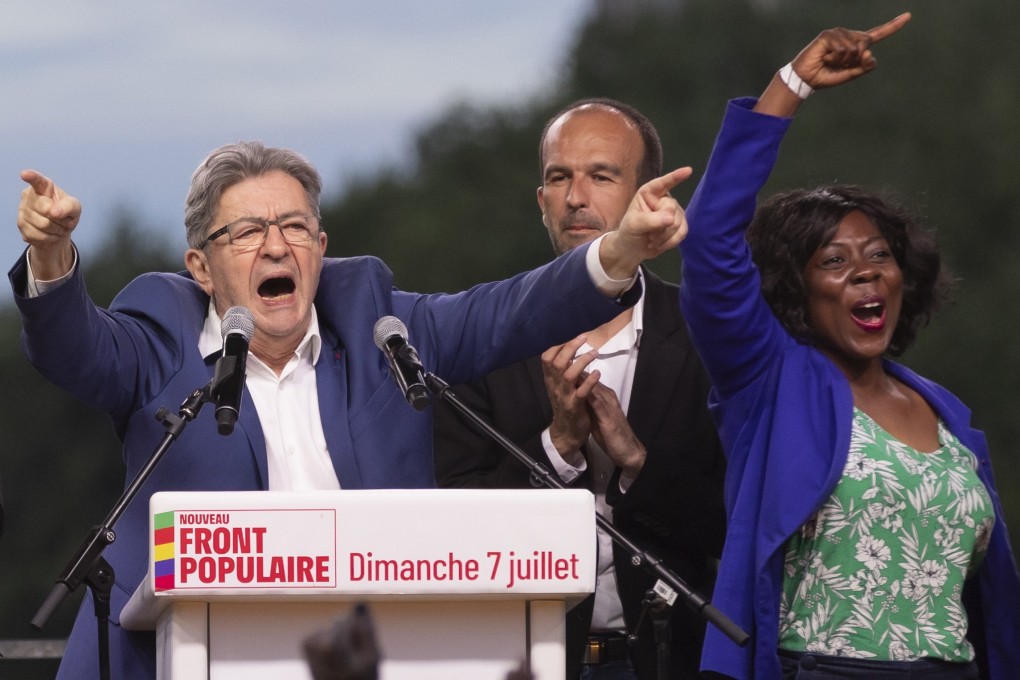Advertisement
Opinion | The West’s fragmented geopolitics offer little reprieve for Hong Kong
- Given the UK, France election results and coming US vote, geopolitical challenges will persist with Hong Kong’s traditional trading partners
Reading Time:3 minutes
Why you can trust SCMP
2

In the late 20th and early 21st centuries, globalisation drove the interconnectedness and interdependence of the world’s economies, cultures and populations, leading to significant growth and proliferation.
But since 2010, escalating geopolitical tensions between major powers, trade disputes and the ascent of nationalism have shadowed globalisation’s progress, steering countries towards greater introspection.
Covid-19 exposed the vulnerabilities of our interconnected global systems, disrupting supply chains and travel. The world has become more fragmented, with a significant slowdown in cross-border flows, including in goods, services and capital, compared to the rapid growth seen in the preceding decades.
Geopolitical competition and the shift away from globalisation have compounded the problem, contributing to this fragmentation as countries and regions focus more on protecting their interests than pursuing deeper global integration.
Geopolitical fragmentation is particularly relevant in light of recent and coming elections in several countries. Many people ask if or how some electoral results will affect Hong Kong and whether the changes in governments will result in a different stance in their foreign policies.
In last week’s United Kingdom elections, we saw the Labour Party win overwhelmingly, ushering out a Conservative Party that had governed for 14 years. But the voter turnout was low, and the remarkable results achieved by the smaller political parties suggest that voters’ main ambition was to remove the Conservatives, rather than express great support for a new Labour government, which has little new to offer other than higher moral standards and a more ethical approach to governing a country that has diminished under Conservative rule and Brexit.
Advertisement
